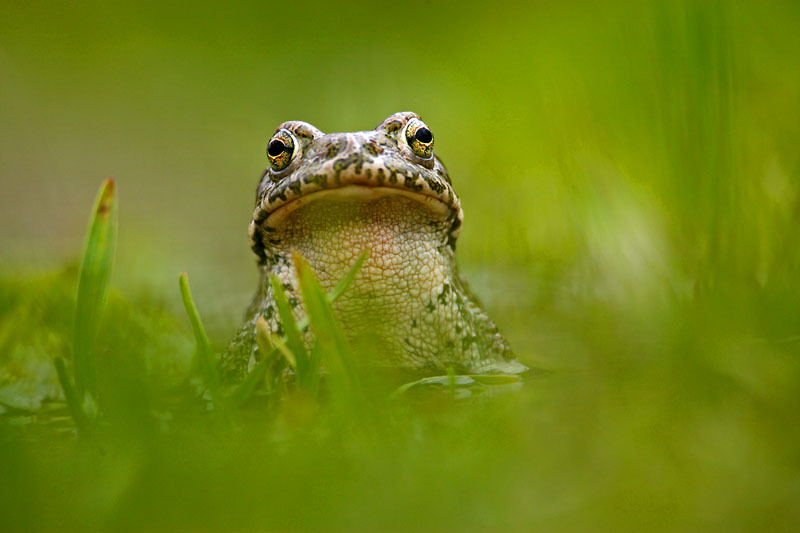The actions of one species determine the fate of millions of others…
Have you been ill recently? Felt better after taking some medicine? Maybe a “natural remedy” helped soothe your ache or ailment?
Thank one of the world’s millions of other species.
Modern medicines have eased the suffering and saved the lives of many millions of people. They’re not just cooked up in a laboratory: the vast majority of them are based on ingredients found in nature. And there are more cures out there that we haven’t discovered yet.
It’s just one reason why biodiversity – the dizzying variety of species living on Earth – is so important. And why we’re committed to protecting it.
What’s at stake?
Biodiversity matters – and not just for its own sake. The web of life sustains our existence.
We depend on plants and animals, insects and microorganisms for food and shelter, for medicines and fuel, for clean water and a healthy climate, to pollinate our crops and protect us from floods.
But humanity is having a devastating impact on other species. Biodiversity is in huge decline. One of the longest-running measures of the state of global biodiversity, the Living Planet Index, shows a consistent overall trend since WWF’s first Living Planet Report was published in 1998: a global decline of almost 30% between 1970 and 2007.
For all our sakes, we have to do something about it.
The story so far
We helped secure the most important international agreement for protecting life on Earth.
Thanks to the Convention on Biological Diversity (CBD), 193 countries are committed to protect their wildlife and habitats and make sure biodiversity use is sustainable. We played a key role in developing the treaty, launched at the Rio Environment Summit in 1992.
The convention has had a profound effect on global conservation. It’s provided an international platform to promote the best ways to conserve biodiversity. It’s helped to shape national legislation and the institutions responsible for biodiversity conservation on the ground in many countries. Where governments have adopted ambitious targets and commitments at international level, this has led to national and regional action, and attracted the interest of funding agencies.
In 2002, we helped secure a CBD commitment to significantly reduce the rate of biodiversity loss by 2010. And in 2004 we joined other organizations to successfully lobby for solid targets and timelines for creating protected areas.
Having a common international agenda for biodiversity makes it easier for WWF to bring governments together to work across boundaries.
For example, in Eastern Europe, we’ve brought governments together to expand and strengthen a network of protected areas across the Carpathian mountains, Europe’s last great wilderness. Stretching across seven countries and five times the size of Switzerland, the Carpathians contain half the continent’s bears, wolves and lynx, and 4,000 plant species.
And along the coasts of five countries in West Africa, we’ve helped create a network of protected marine areas. Home to turtles and sharks, these sanctuaries are helping fish populations damaged by destructive fishing methods to recover – which is also good news for the millions of people who depend on them for food and income.
Did you know?
Populations of tropical freshwater species have declined by 70% since 1970.
Facts and stats
- 193 – number of countries committed to protecting wildlife and preserve habitats under the Convention on Biological Diversity
- 17% – proportion of land they’ve promised to protect
What’s next?
2010 marked the International Year of Biodiversity. At a summit in Nagoya, Japan, the countries that have signed the Convention on Biological Diversity agreed a roadmap to halt biodiversity loss by 2020.
They’re now committed to:
- reducing habitat loss
- protecting 17% of land and 10% of seas
- eliminating harmful subsidies
- integrating the services biodiversity provides society into national planning and accounting
- addressing over consumption by humans – the main underlying cause of biodiversity loss.
We’ll be holding them to their promises, and helping put them into action.
WWF in action
Why are protected areas so important for a living planet? Watch our video to find out.
What you can do
- Find out more about the Convention on Biological Diversity
- Explore the protected areas we’ve helped create under the CBD
- See the findings of our Living Planet Report
***************************************
Join the myWWF Action Center
Be part of a global community of activists ready to take simple online actions that can help save wildlife and people. Sign up today!
***************************************














